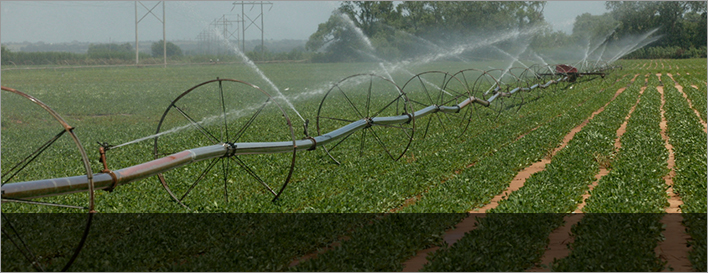Dr. Mary E. Foltz


Dr. Mary E. Foltz, assistant professor of environmental engineering in the College of Civil and Environmental Engineering at Oklahoma State University, is a member of the OK NSF EPSCoR Track-1 RII Award titled Socially Sustainable Solutions for Water, Carbon, and Infrastructure Resilience in Oklahoma. The $20 million research project is a social science-led, multi-disciplinary collaboration among social, physical, biological, engineering, and computational scientists. More than thirty researchers from across the state are working together on the project, which began July 1, 2020.
Dr. Foltz obtained her Ph.D. in Environmental Engineering from the University of Illinois Urbana-Champaign in 2021. At Illinois, her research focused on nitrogen cycling and ways to reduce greenhouse gas (i.e., nitrous oxide) emissions from agriculture. Dr. Foltz joined the School of Civil and Environmental Engineering at Oklahoma State University as an Assistant Professor in Fall 2021. At OSU, her research group will investigate agricultural nutrient loss, passive treatment systems for biogeochemical water treatment, and greenhouse gas emissions, with an emphasis on nitrous oxide. Her work aims to incorporate multiphase contaminant transformations and use a combination of field, lab, and modeling at different scales to accomplish research goals.
- Holistic tracing of biogeochemical contaminant transformations across water and gas phases in engineered and natural systems
- Developing and utilizing models across scales from mechanistic to global climate models
- Bridging expertise of different disciplines, including environmental engineering, agricultural engineering, and statistics, to approach emerging environmental and societal problems
Dr. Foltz's research supports numerous components of the OK NSF EPSCoR project's Focus Area 3: Variable and Marginal Quality Water Supplies (V-MQW), including providing important expertise on nitrogen and contaminant removal in the water cycle. The V-MQW Supplies focus area addresses issues surrounding Oklahoma’s water demands, which are projected to increase 600,000 acre-feet per year between 2007-2060. Reliable water supplies are needed to provide for these demands while meeting the state’s goal of capping freshwater use to 2010 levels. However, freshwater supplies are declining due to reservoir sedimentation and groundwater overdraft and are increasingly vulnerable to S2S variability. Concurrently, volumes of oil and gas ‘produced water,’ municipal wastewater, and stormwater are increasing with continued oil and gas development and urbanization. Disposal of produced waters has been correlated with seismicity, potentially impacting infrastructure and resulting in energy production curtailment in some regions. The challenge is finding a mix of solutions that allow Oklahoma’s diverse array of MQW to be economically treated for beneficial use to address water scarcity related to changing seasonal to sub-seasonal weather patterns, waste disposal, and infrastructure risk while supporting continued energy production and economic growth.
- Foltz, M.E., J.L. Zilles, S. Koloutsou-Vakakis. 2019. Prediction of N2O emissions under different field management practices and climate conditions. Science of the Total Environment 646: 872-879. DOI: 10.1016/j.scitotenv.2018.07.364.
- Foltz, M.E., A.D. Kent, S. Koloutsou-Vakakis, J.L. Zilles. 2021. Influence of non-legume cover cropping on denitrification potential and year-round field N2O emissions. Science of the Total Environment 765: 144295. DOI: 10.1016/j.scitotenv.2020.144295.
- Wickramarathne, N., L.E. Christianson, M.E. Foltz, J.L. Zilles, R.D. Christianson, R.A.C. Cooke. 2021. Biological Nitrate Removal with Emerald Ash Borer-killed Ash and High-tannin Oak Woodchips. Frontiers in Environmental Science - Water and Wastewater Management 9:648393. DOI: 10.3389/fenvs.2021.648393.
